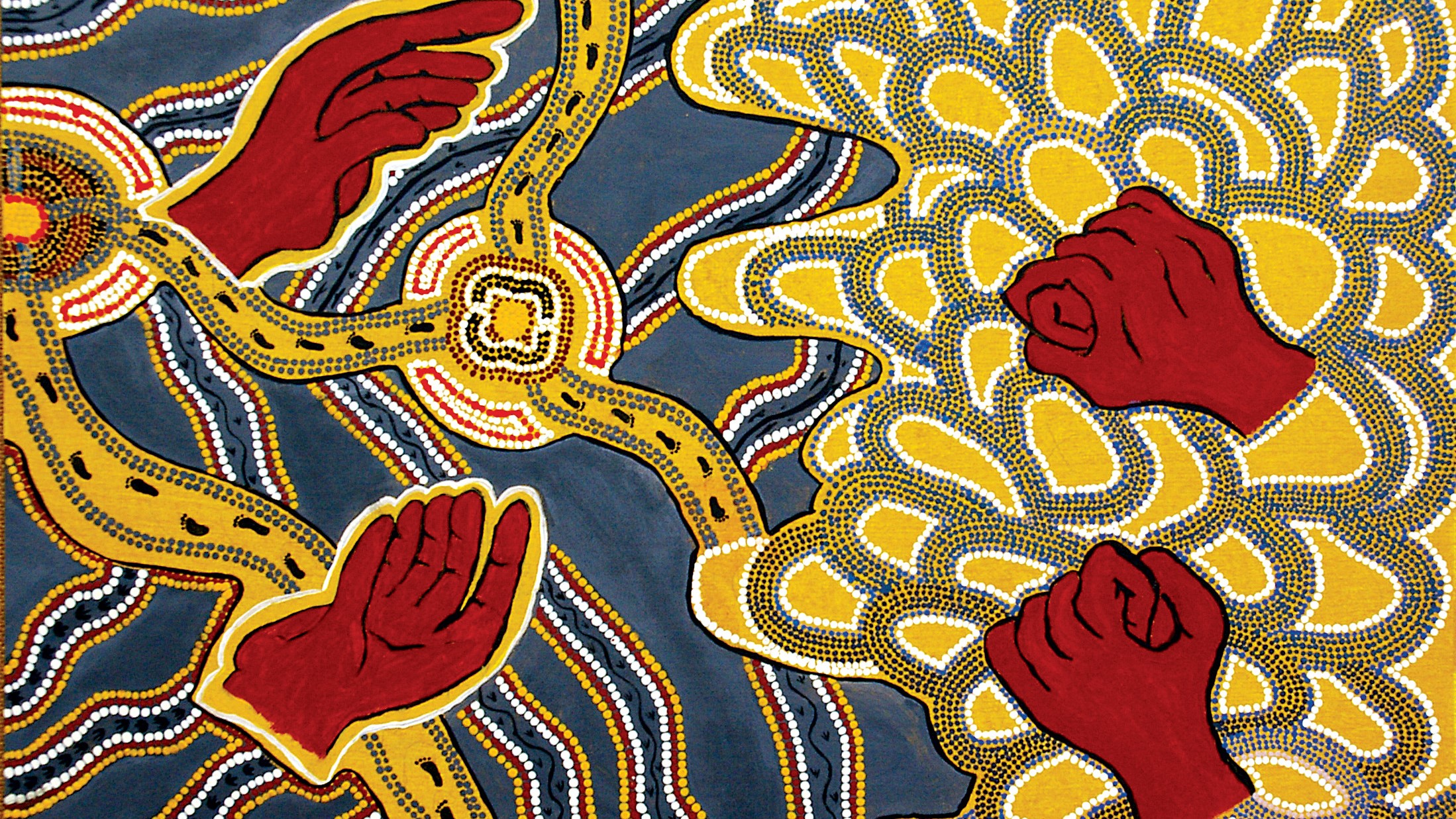
2021 Seminars
Presentation Type
Presentation
Location
The University of Notre Dame Australia, Broome Campus
Start Date
21-4-2021 12:30 PM
Description
In August 2020, Nulungu Research Institute was granted funding from the Chief Scientist of WA to conduct a study into the impacts of COVID-19 restrictions on Aboriginal people in the Kimberley. Our research team, with guidance from our Aboriginal Steering Committee, is focusing on Aboriginal organisations and communities, and seeking to document how people were able to respond to the threat of COVID-19. To achieve this, we have been building a detailed picture of the restrictions and other government actions and how these affected people’s lives from the critical early days and weeks of the pandemic through to now. In the Kimberley, and across Australia, Aboriginal Community Controlled organisations (ACCOs) have proven crucial in leading a successful approach which has seen numbers of Aboriginal people contracting COVID-19 to be minimal. Our presentation will overview preliminary observations from interviews and data collected so far. These highlight the extraordinary level of response from ACCOs across the Kimberley in assisting Aboriginal families to understand the threat of the virus, and to respond to this threat in ways that were culturally safe. Our presentation will also document a suite of unintended consequences, both positive and negative, of the measures brought in across levels of government in the name of limiting the possible impacts of COVID-19 on Aboriginal people in the region.
Recommended Citation
Thorburn, Kathryn and Golson, Kate, "Aboriginal responses to the threat of COVID-19 in the Kimberley" (2021). Talking Heads Seminar Series. 8.
https://researchonline.nd.edu.au/nulungu_talkingheads/2021/schedule/8
Aboriginal responses to the threat of COVID-19 in the Kimberley
The University of Notre Dame Australia, Broome Campus
In August 2020, Nulungu Research Institute was granted funding from the Chief Scientist of WA to conduct a study into the impacts of COVID-19 restrictions on Aboriginal people in the Kimberley. Our research team, with guidance from our Aboriginal Steering Committee, is focusing on Aboriginal organisations and communities, and seeking to document how people were able to respond to the threat of COVID-19. To achieve this, we have been building a detailed picture of the restrictions and other government actions and how these affected people’s lives from the critical early days and weeks of the pandemic through to now. In the Kimberley, and across Australia, Aboriginal Community Controlled organisations (ACCOs) have proven crucial in leading a successful approach which has seen numbers of Aboriginal people contracting COVID-19 to be minimal. Our presentation will overview preliminary observations from interviews and data collected so far. These highlight the extraordinary level of response from ACCOs across the Kimberley in assisting Aboriginal families to understand the threat of the virus, and to respond to this threat in ways that were culturally safe. Our presentation will also document a suite of unintended consequences, both positive and negative, of the measures brought in across levels of government in the name of limiting the possible impacts of COVID-19 on Aboriginal people in the region.


